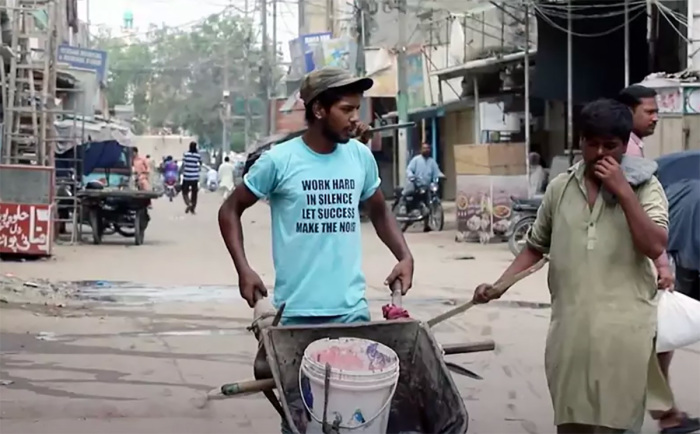
A U.S.-based Christian aid organization has launched an effort to free more than 100 bonded Christian laborers trapped in Pakistan’s brick kiln industry. The initiative continues a campaign to address the systemic exploitation of religious minorities working under conditions that persist despite a national ban on bonded labor.
Global Christian Relief, a donor-funded ministry working with persecuted Christians worldwide, has committed to paying off the debts of at least 100 Christian families this year who remain enslaved in brick kilns across Pakistan, the group said in a statement sent to The Christian Post.
Its goal also includes economic and educational support, such as equipping 380 youth with vocational training, delivering healthcare to 20,000 families, and helping 325 women launch small businesses.
Many Christian families enter the kilns after taking out small loans, ranging between $800 and $1,000, to cover basic expenses such as food, rent, or medical emergencies. Paid as little as $3 to $5 an hour, their wages are often reduced by interest payments, leaving them with around $1.50 a day, according to GCR.
The system of debt accumulation traps entire families, sometimes for decades, despite Pakistan’s 1992 ban on bonded labor. Kiln owners continue to operate with impunity due to corruption and a lack of enforcement, the group reports.
Last year, the organization freed 50 families from bonded labor, including Raheel and Ruth, who, along with their four children, spent 25 years in the kilns. A loan of $875 for Raheel’s mother’s leg treatment led to years of waking at 1 a.m. to mold and haul thousands of bricks until nightfall. After GCR paid off their debt, Raheel and Ruth started a vegetable business and moved into a new home.
Khalid and Shabana, another couple, took a $213 loan for Khalid’s sisters’ weddings. Fifteen years later, Khalid and his young sons remained trapped, their debt having grown to $875.
Similarly, Asid and Rabia took a loan for an emergency cesarean section and were held in bondage for eight years to repay $984.
Maryam and her husband worked in the kilns for 20 years to pay off a $862 loan. Her husband, who suffered from asthma, died without access to medical care. Maryam’s debt was cleared last year, and she was able to move into a new home.
“We prayed … that God would help us pay our loans so our children can be free. Now, He has given this to us. We are so blessed,” she was quoted as saying.
Pakistan’s Christian minority, comprising about 1.27% of the population, faces severe religious discrimination, limited access to education and social and economic exclusion. Christians are often pushed into low-wage jobs, and the country’s blasphemy laws are widely used to target them.
Many who end up in the kilns do so as a last resort. Most families working in brick kilns are Christians. Making 2,000 bricks a day and earning next to nothing, they can’t see any way out.
Brian Orme, president and CEO of Global Christian Relief, says he has visited these communities and spoken with many of the families involved. “When we handed over those checks to families like Raheel and Ruth, we weren't just freeing them from debt — we were breaking generational chains of bondage,” he said.
The United States Commission on International Religious Freedom named Pakistan as one of 16 “countries of particular concern” in its 2025 report, citing the use of blasphemy laws and ongoing discrimination against religious minorities by both state and non-state actors.